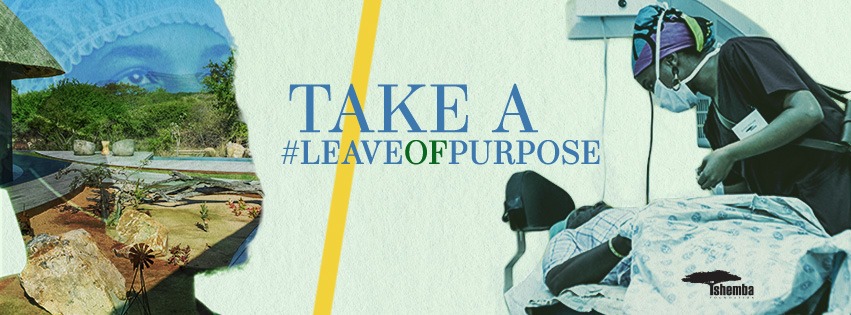Tintswalo Hospital is a 423-bed public hospital located in Acornhoek in Mpumalanga. It is one of the largest district hospitals in the province, serving a population of approximately 300 000 people, most of whom live in poverty without basic necessities.
“Our biggest challenge isn’t that we are busy, it’s that due to severe budget constraints we can only recruit junior doctors and nurses. If a senior or grade 3 staff member leaves, we often can’t replace them at all,” says Dr Maebela, Senior Clinical Manager at Tintswalo District Hospital.
It’s not a situation unique to Tintswalo, particularly in district hospitals. The situation is exacerbated by the fact that district healthcare facilities, such as Tintswalo, are staffed by medical officers who offer primary care, but there are no specialists, such as cardiologists, gynecologists, ophthalmologists or anesthetists on staff. Specialists are reserved for regional hospitals and private healthcare facilities.
The result is that rural patients in the catchment areas of district hospitals can access primary healthcare, but not specialists – unless there are volunteers.
The critical role of volunteers
The Tshemba Foundation is a unique non-profit organisation that recruits volunteers to give life-changing support at Tintswalo Hospital and its surrounding clinics.
“Our goal is to make it as simple and comfortable as possible for South African and international volunteers to make an impact in the lives of patients,” says Barbara McGorian, CEO of the Tshemba Foundation. “Very often, healthcare professionals want to give back, but they don’t know where to begin, and that’s where Tshemba comes in.”
The volunteers themselves find it to be a deeply rewarding experience. Dr Mary-Anne Hartley, an international volunteer who is Head of Intelligent Global Health (iGH), recounts an experience she had while volunteering at the hospital: “I saw a very ill patient who waited for six hours in the blazing sun with nowhere to sit but the queue that forms outside the hospital.”
“With no other options, I performed an intimate examination on her, in a room with no curtains or doors for privacy. Throughout, she was extremely polite and patient. There is a deep gratitude for access to medicine and doctors at Tintswalo. While it is unfortunate that volunteers are needed at all, the extreme lack of resources and staffing means that volunteers are absolutely essential to ensure basic service delivery and improve the quality of care in rural hospitals,” says Dr Hartley.
Supporting local patients and doctors
“The Tshemba Foundation has had an incredibly positive impact on Tintswalo,” says Dr Maebela. “Tshemba has donated a fully-equipped eye-clinic, which has changed the lives of hundreds of local residents already, but the real value lies in volunteers.”
Volunteer groups cover a wide range of disciplines, from generalists to ophthalmologists that perform cataract surgeries and specialist researchers who are spearheading a Rural Ultrasound project. “We even had one international volunteer set up a funding project to renovate our emergency ward. That support is invaluable to us,” says Dr Maebela.
“A few weeks ago, we had an anesthetist volunteering with us, and she offered to train one of our doctors. Access to specialists is extremely motivating for our junior doctors. They receive valuable experience, upskilling and access to someone who continues to support them, even when they have left the hospital and returned to their practices,” says Dr Maebela.
“Whether a volunteer is from Germany or Gauteng, remote support means that even after they have left, our doctors can check in and ask how best to manage a specific case. This extension of expertise to support a district hospital is lifesaving. It also keeps our doctors motivated because they know that there is support available to them when they need it.
“Skills transfer and a continuous stream of volunteers has changed the landscape for us. We have a true partner that isn’t only trying to help – they are listening to what we need and making a meaningful impact.
“For anyone thinking of volunteering – please do,” says Dr Maebela. “Just a few days will not only change your life, which we’ve seen time and time again particularly from volunteers who come back each year, but it will also change the lives of our doctors and community. There are so many ways to add value, and the team at Tshemba can guide you around how you can make an impact.”

